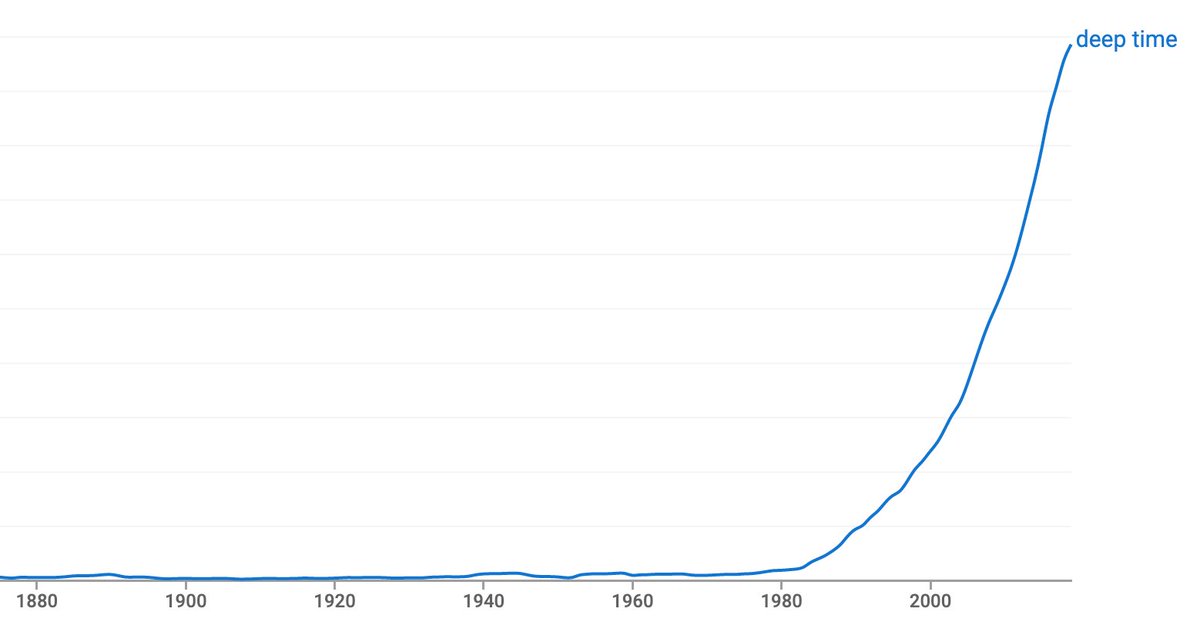JOBS: The BBC Reel video team is advertising for two new roles...1. a social producer and 2. a commissioning video producer. #journojobs
• • •
Missing some Tweet in this thread? You can try to
force a refresh











